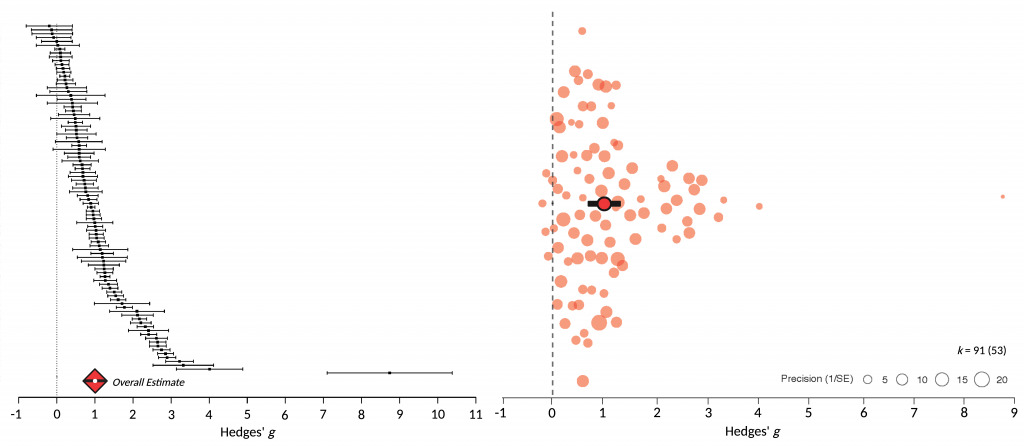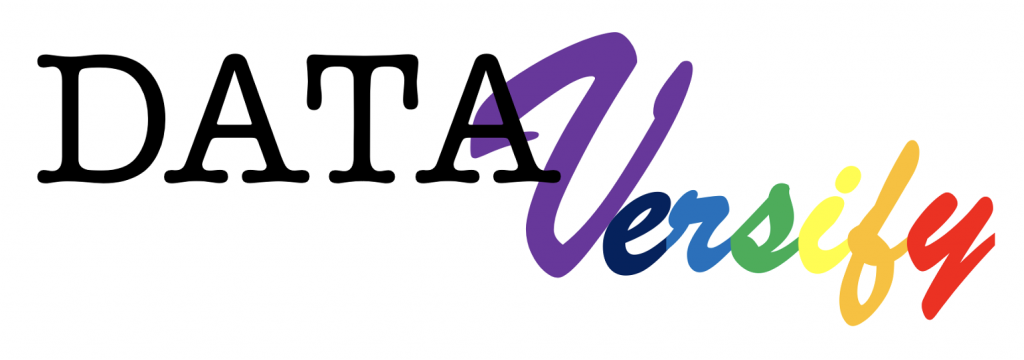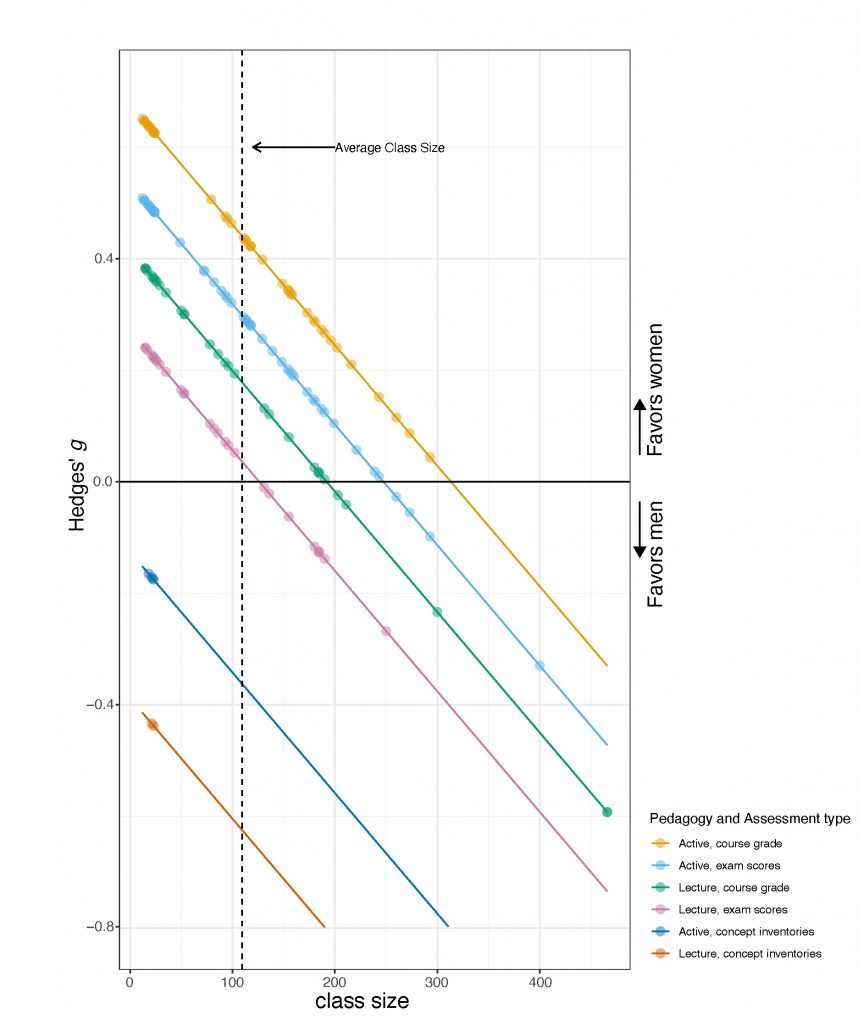We conduct discipline-based education research with a focus on undergraduate biology education and STEM equity. While our interests are broad, current research in the lab fits within the following framework:
Evidence-based Teaching
Teaching practices should be based on research and evidence rather than tradition or one’s experience. In the lab we critically examine instructor and student practices that maximize learning for all students. Examples include using group work, self-regulated learning strategies, mixed-methods of assessment, and scientist role models in biology classrooms.

The impacts of role models in biology instruction
The majority of scientists featured in undergraduate educational resources do not reflect the diversity within the scientific community, nor do they match the identities of students reached by these resources. In collaboration with researchers at University of Michigan and Michigan State University, we work to assess the impact of scientist role models in data literacy instruction on student attitudes and learning in biology through DataVersify.
Read more about our projects on this topic here (NSF IUSE 2020-2025) and here (NSF IUSE 2024-2028)!

Equity, Diversity, and Inclusion in STEM
Several institutional features sustain and reproduce inequity and patterns of attrition among systematically excluded students in postsecondary biology. The lab is interested in the mechanisms that underlie learning and academic performance across biology courses, as well as teaching strategies that promote equitable learning environments for all students. Equity and Diversity in Undergraduate STEM (EDU-STEM) is a national network of biology education researchers and instructors who are focused on identifying scalable and equitable teaching practices in biology (NSF RCN incubator 2017-2018; NSF RCN 2019-2024).
Check out our website for more details (and information about our wonderful collaborators).
Ideological Awareness in introductory biology
Dominant ideologies and paradigms inform approaches to and interpretations of science. Ideological awareness (IA) is an understanding of biases, stereotypes, and assumptions that shape contemporary and historical science. We are interested in how contextualizing societal and ethical considerations into biology curricula impact student experiences and learning. This work is supported by an NSF IUSE grant (2021-2024), and an NSF STEM Education fellowship (2024-2026) awarded to postdoc Dr. Paula Adams.
The impacts of high stakes assessments
A persistent “gender penalty” in exam performance disproportionately impacts women in large introductory science courses, where exam grades generally account for the majority of the students’ assessment of learning. Current and previous work in biology demonstrate that some external factors (e.g., class size, exam ‘stakes’) as well as social psychological factors (e.g., test anxiety) underlie these gender penalties.
International mobility grants to Norway from the Research Council of Norway and bioCEED at the University of Bergen (2022-2023) allow us to test the geographic generalizability of this effect.
